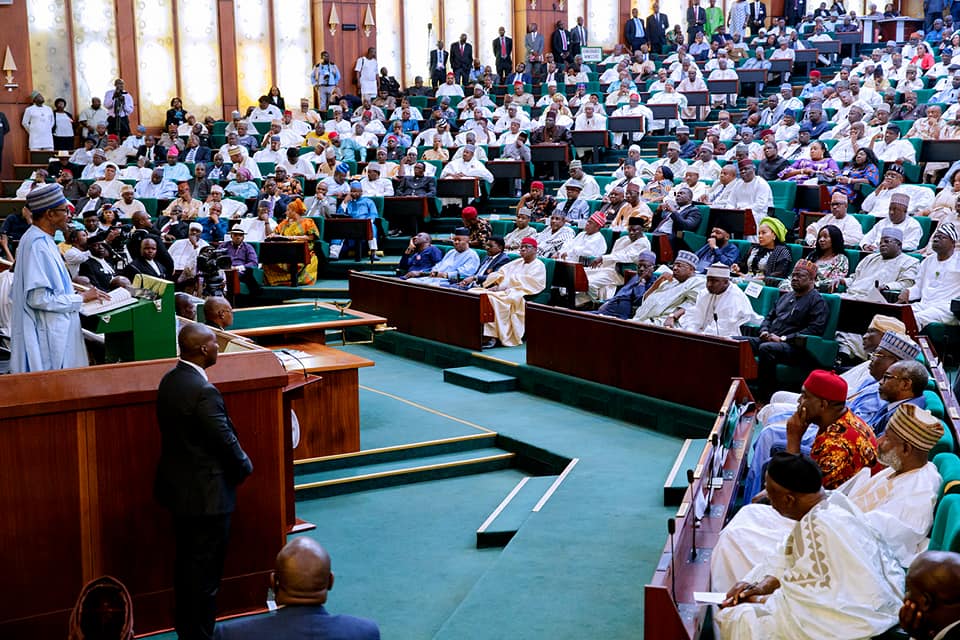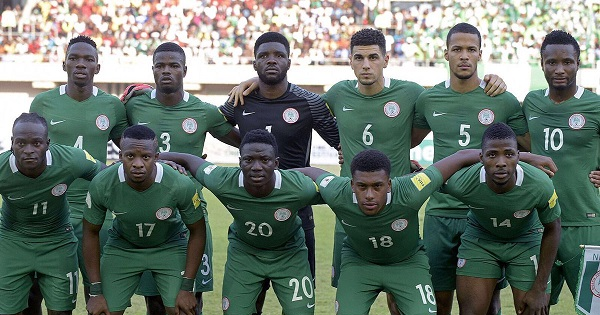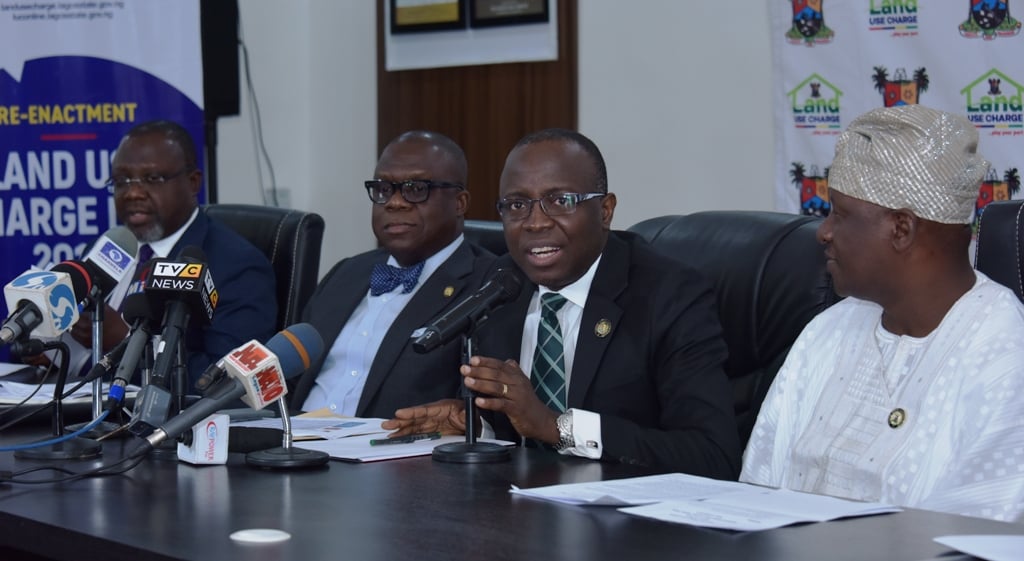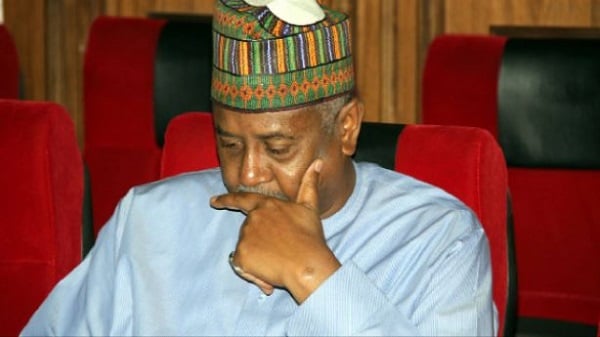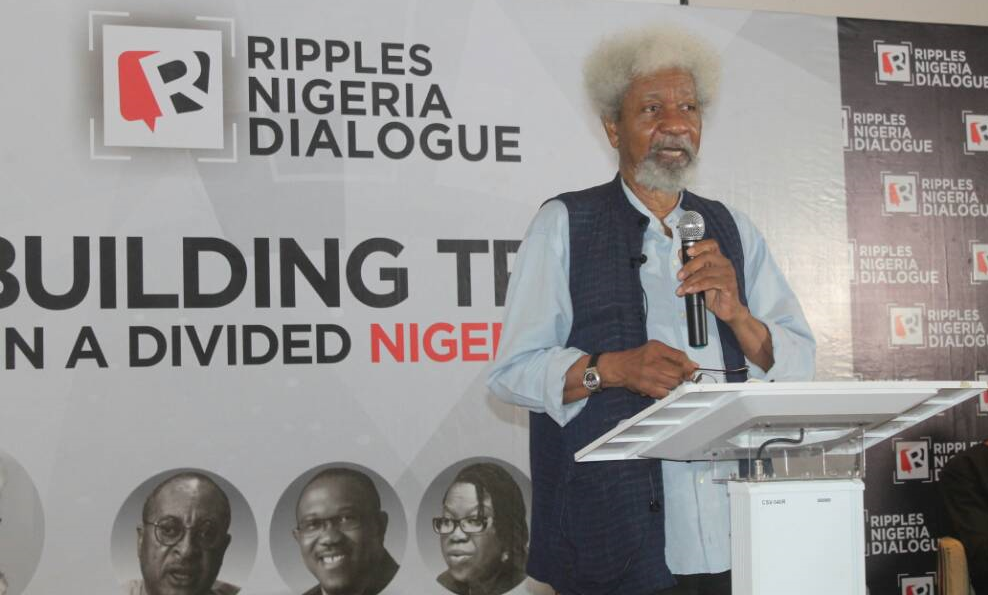Between President Muhammadu Buhari and members of the National Assembly, the die is cast. Or, so it seems.
Although we had it coming all along, Buhari on Tuesday sounded what appeared to be the death knell on his relationship with the Nigerian legislature when he rejected the amendment made to the Electoral Act by the National Assembly.
The Nigerian electorate almost ever naïve in their appreciation of political issues have mostly classified this as a war between the forces of good and evil. The President, being the angel of light signifying the former and the legislature an irredeemable archetype of everything that is evil.
Enthusiastic Nigerians see President Buhari as a sparkling personality pursuing nothing more than the good of Nigeria, without any personal interest and so, whatever decisions he takes must be for the best of the nation. Conversely, the National Assembly, especially with the recent expose, which told the people how much the country has to cough out in the sustenance of this arm of government pursues nothing but personal interests, first of its leaders and then a majority of its members.
Advertisement
But things are not necessarily as properly cut out in politics.
Concerning the extant issue for instance, it would be difficult that there is no measure of determination to perpetuate some self-interest by either party involved.
We accuse members of the National Assembly of re-ordering the election sequence to their individual advantage, but it does also make sense that an incumbent President who insists on having his own election ahead of all others may be thinking of nothing other than the assurance of his return to office over and above what may be good for the country.
Advertisement
What would indeed benefit the Nigerian political system where history has shown tendencies for a bandwagon effect on the pattern of votes in a sequence where the win by the big man swings a domino impact on the country?
Of course, this is made possible by the fact that to win elections in this clime, politicians depend on extraneous factors like their political associations, monies that they are able to dish out to the electorate or sometimes, the use of force rather than testimonies of past performances. And this is the only reason the sequence of elections would become like the eternal struggle between the teeth and a stubborn piece of meat.
It is true that legislative and executive confrontations are an inherent manifestation of the presidential system. In this system, lawmakers often employ the filibustering tactic to coerce the executive into reaching some compromise over matters that they do not agree on.
Just two months back, for instance, the United States of America was caught in a bi-partisan standoff, which led to a shutdown of government for a few days. Democrats stalled on a must-pass spending bill over the refusal of the White House and Republican lawmakers to immediately discuss an immigration bill in the interest of young illegal immigrants. This resulted in a slowdown in which government funding capacity was limited for about 48 hours.
Advertisement
But there was a resolution, however, a reluctant one, in no time. Now, what makes this possible is that the confrontation in America was institutional in form and principled in spirit. It is also ultimately about the people and not the personal benefit of any of the parties involved in the misunderstanding.
What we have in Nigeria, unfortunately, is an awkward situation which is not necessarily based on the principles guiding any of the two arms of government involved. Such confrontations as that of the election re-ordering that Nigeria currently grapples with is the extension of elite territorialism that has gripped the soul of the nation.
The love for the common good and respect for long standing institutional political principles mostly guide filibustering in serious democracy. This is why a relative political outsider like irredentist American President, Donald Trump, would have the support of Republican legislators during the country’s recent legislative impasse.
The ready excuse will of course be that Nigeria is a young democracy still learning the ropes. But a people with very obvious precedents in the practice of this system of government cannot continue to give this justification forever! On the contrary, political gladiators in the country should subject their own individual and group interests to that of the public without which this democracy may soon collapse on us.
Advertisement
You are bound to wonder why the Buhari administration has been ineffective at securing the cooperation of the legislature which is presided over by members of the same party. This is more so when you consider that this cat and mouse relationship has become more of the rule of engagement rather than the exception between the two arms of government.
While it will be impossible to excuse the National Assembly and its leadership from the display of wanton ambition detrimental to the good of the citizenry, Nigerians must also agree that in 2015, they elected a President who has carried on like he was at war with everyone in the country.
Advertisement
Buhari was largely regarded as a pious incorruptible person whose attributes were needed to purge Nigeria of the spirit of compromise that we have been made to see as our major albatross as a nation. But the old man got flattered by the hype. No doubt, the President is relatively above board when compared to many people who have traversed the same station of life that he has been but an inherent characteristic of democracy is consensus. Those who do well as leaders in a democratic society are not those who look down on other members of society as irreversibly perfidious souls but those who are able to explore the corruption of the minds of others to bring out the best for society.
Politics and by extension governance that emerge through it is not so much about the morality of men as to their ability through consensus building and constant engagement with other stakeholders to win even the most sceptical of men unto the point of view that they want to project.
Advertisement
There is indeed a possibility that everyone currently occupying a seat at the National Assembly may be a selfish money monger with a criminal past, but they have been elected by the people to represent them at those chambers. Until the law catches up with them or the people who put them in office recall them or refuse to renew their mandate, as the case may be, the President must understand that he needs these people to realise whatever vision he has for the country.
Of course, the legislature can be told the same. Although Tuesday’s decision to consider the nominees of the Monetary Policy Committee in spite of its resolution to withhold all such screenings shows a degree of thought for the state of the nation, the National Assembly would do well to work the executive to deliver good governance to Nigeria. All said and done, history will remember the deeds of each of these political gladiators and that would be their legacy.
Advertisement
Twitter: @niranadedokun
Add a comment

